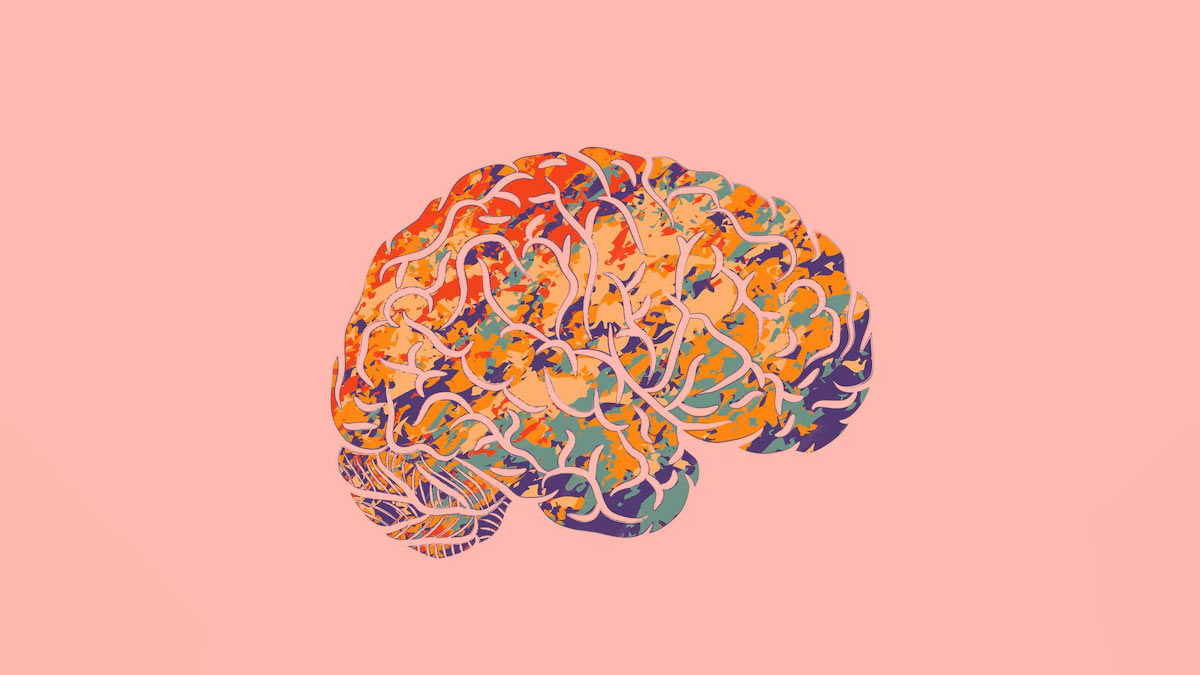
Have you ever wondered how something as small as a genetic mutation can affect a person’s brain? One such example is brain mosaicism, which happens because some brain cells have different genetic makeups. This can occur after a baby is conceived, leading to a mix of normal and mutated cells in the brain. We spoke to our expert Dr Amrut SD, Consultant – Neurology, Manipal Hospital, Goa, who explained brain mosaicism and how it can lead to various challenges for children, from developmental delays to learning disabilities.
Table of Content:-
What is Brain Mosaicism?

“Brain mosaicism is a unique genetic phenomenon where cells within the same brain do not all have the same genetic information. Instead, a single brain can contain a mix of normal and mutated cells. This condition arises from genetic mutations that occur after fertilisation, which means that not all cells in the body carry the same genetic code,” said Dr Amrut.
Brain mosaicism starts from conception when an initial genetic mutation occurs. As the embryo develops, this mutation is only present in some cells, creating a 'mosaic' of different genetic types.
“Brain mosaicism affects only a subset of cells, which can lead to a wide range of neurological outcomes depending on the specific mutations and the proportion of affected cells. Depending on when the mutation happens during development and the types of mutations involved, the impact on the brain can range from mild to severe”, added Dr Amrut.
Also Read: Study Identifies Six Types of Depression Using Brain Scans, Promising Tailored Treatment
Clinical Symptoms of Brain Mosaicism
The effects of brain mosaicism on a child’s brain can vary widely. Dr Amrut describes that the severity of symptoms depends on several factors, including the specific mutations involved and the proportion of brain cells affected. Here are some common symptoms and conditions associated with brain mosaicism:

- Epilepsy: Seizures can occur due to abnormal electrical activity in the brain
- Intellectual Disabilities: Some children may experience challenges with learning and cognitive development
- Autism Spectrum Disorders: Behavioural and social difficulties can be present
- Neurodevelopmental Conditions: Conditions like developmental delays, motor impairments, and language issues can arise
According to Frontiers in Neuroscience, one major issue with somatic mosaicism is the difficulty of identifying mutations in particular cell types within the same tissue. This problem is especially complex in the human brain due to its vast array of cell types, each with distinct developmental histories and roles.
Also Read: Brain Ageing: Expert Explains Causes Of Brain Ageing And How To Reduce Impact Of Degeneration
Management of Children with Brain Mosaicism

1. Early Diagnosis and Monitoring: This often involves genetic testing and imaging studies to identify the presence and extent of mosaicism. Regular monitoring helps track the progression of symptoms and adjust treatment plans accordingly.
2. Targeted Therapies: Gene therapy options are being evaluated for particular mutations, which would help in stopping the mutation and hence breaking the chain of abnormal cell synthesis
3. Symptomatic Treatments: Management of patients with clinical symptoms is a multidisciplinary approach:
- Medications: Antiepileptic drugs for seizures, medications for managing behavioural issues, and other symptomatic treatments
- Therapies: Physical therapy, occupational therapy, speech therapy, and behavioural therapy can help manage developmental delays and improve quality of life
- Educational Support: Specialised educational programs and interventions can assist children with learning disabilities and other cognitive challenges
Bottomline
Dr Amrut concluded, “Brain mosaicism represents a complex genetic phenomenon with significant implications for neurological health. The presence of genetically diverse cells within the brain, resulting from post-fertilisation mutations, can lead to a spectrum of clinical presentations, ranging from mild to severe neurological and developmental disorders.”
“Continued research into gene therapy holds promise for addressing specific mutations, potentially improving outcomes for affected individuals and enhancing their quality of life,” he added.
[Disclaimer: This article contains information provided by an expert and is for informational purposes only. Hence, we advise you to consult your own professional if you are dealing with any health issues to avoid complications.]
Also watch this video
How we keep this article up to date:
We work with experts and keep a close eye on the latest in health and wellness. Whenever there is a new research or helpful information, we update our articles with accurate and useful advice.
Current Version